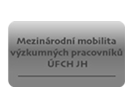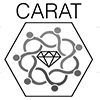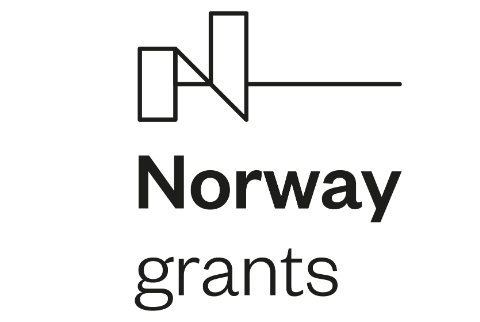Patrik Španěl was elected to the Commission of Ethics for Scientific Work of the CAS
Prof. Patrik Španěl, Deputy Director for Science, was elected to the Commission of Ethics for Scientific Work within the Czech Academy of Sciences for the period 2022 - 2026. We congratulate him on his election.
Patrik Španěl has long advocated good scientific practice with an emphasis on verifiability and truthfulness of results and was therefore delighted to be elected to the Commission. The Commission operates within the framework of the Czech Academy of Sciences and considers issues related to the ethics of scientific work. In this commission, Patrik Španěl will focus in particular on the field of life sciences and hopes to contribute to increasing the credibility of research results in this area. He also intends to initiate a debate on the causes and consequences of multiple affiliations where the same work is published by different co-authors who work across different departments.
"Fabrication or distortion of results (fabrication and falsification of data) are not only the personal failings of some researchers (and/or teams) but are also an indirect consequence of the evaluation and rewarding of results according to mechanically applied procedures legitimized by national and institutional methodologies used to date," says Prof. Patrik Španěl.
He has been working at the J. Heyrovsky Institute of Physical Chemistry of the CAS since 1997, holding the positions of the Head of the Department of Ion Chemistry in the Gas Phase, Deputy Director and Chairman of the Board. He researches into the field of mass spectrometry, a technology which is used for extremely precise measurements of substances in gases, and which has been used for many years for the analysis of gases across several vital applications: it improves the production of chips; controls the production of medicines; takes care of transport safety, and can even detect diseases from the analysis of our breath.
Patrik Španěl is currently a visiting professor at Imperial College London. He has authored three hundred articles in scientific journals, which have been cited more than 12,000 times. In 2021, he was awarded the prestigious CAS Academic Prize.

















